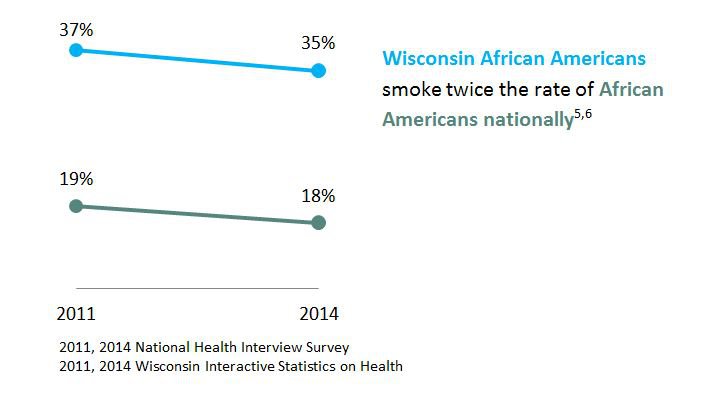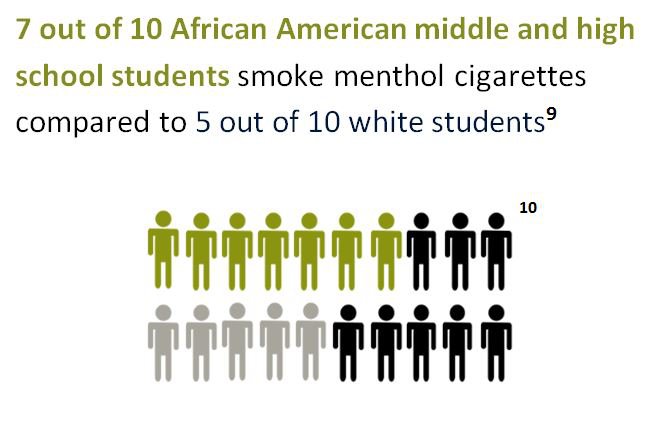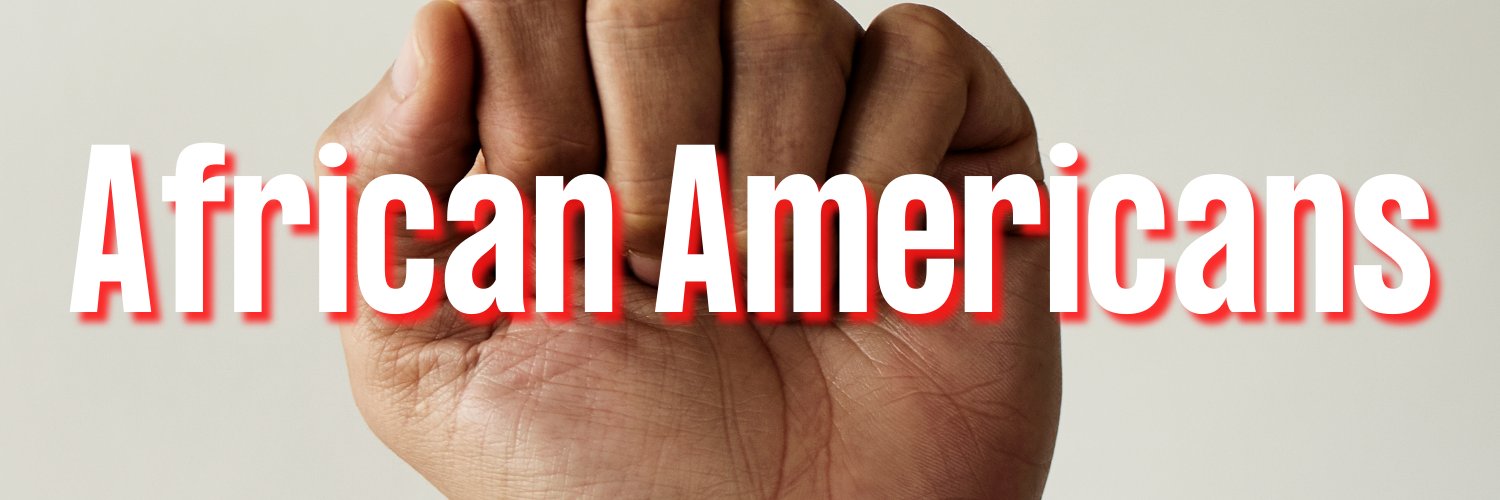African Americans have a tragic history of undergoing systemic racism and segregation in the United States. Enduring the impact of consistent discrimination, especially from a young age, is a form of toxic stress. This chronic activation of the stress response system of children by repeated adverse events, like instances of racism, has resulted in African American communities experiencing increased psychological trauma and negative health outcomes. African Americans are 20% more likely than white individuals to report psychological distress, contributing to risk behaviors.1,2 Tobacco is the leading contributor to the three main causes of death among African Americans: heart disease, cancer, and stroke.3 Nationally, African Americans smoke at rates similar to the general population; however, African Americans in Wisconsin smoke at rates nearly twice that of the state and national average.4

African American communities have consistently faced an overabundance of targeted tobacco advertising. These marketing strategies have led to an increase in tobacco use nationally among low-income African Americans.7
Compared to predominantly white, affluent neighborhoods, a Massachusetts study found tobacco advertisements in African American communities are:
2x more likely to be within 1000 feet of schools8
5x more likely to display larger advertisments8
The FDA reported that menthol cigarettes lead to increased smoking initiation among youth and young adults, greater addiction, and decreased success in quitting smoking. Menthol cigarettes can be considered more harmful than other tobacco products because of their highly addictive nature, potentially leading to poorer health outcomes. In fact, studies have shown menthol smoking rates continue to remain constant and even increase in some populations, while non-menthol smoking rates have declined.9 Historically, menthol products have been successfully targeted towards the African American community, causing a disproportionate impact on this population.10

Menthol Cigarettes: Learn more about the harmful effects of menthol cigarettes
Menthol Template Letter to the Editor
Menthol Among African American Smokers -- Easier to start, harder to quit
- Up Close with Tobacco and African Americans: Fact sheet about the impacts of tobacco on African Americans
- Black History Month : Celebrate the history of African Americans in the United States while also understanding the barriers still present in today's society
- Black Lives Black Lungs : A digital project investigating the tobacco industry's successful targeting of the black community with menthol products
- Health Equity in Tobacco Prevention and Control : Learn more about how tobacco control programs are working to achieve health equity in tobacco prevention and control
- Juneteenth : Learn more about the celebration commemorating the end of slavery in the United States
- National African American Tobacco Prevention Network (NAATPN) : The mission of NAATPN is to facilitate the development and implementation of public health programs, such as tobacco control, to benefit people of African descent
- No Menthol Sunday : Be a part of a community to stop the usage of menthol cigarettes
- Unequal Opportunity Killer Video : Shines a spotlight on the tobacco disparities, how it developed, and how tobacco companies have contributed
References
- Mental Health America (2014)
- U.S. Department of Health and Human Services Office of Minority Health (2016)
- Center for Disease Control and Prevention (2016)
- BRFSS (2011-2015 combined dataset)
- National Health Interview Survey (2011, 2014)
- Wisconsin Interactive Statistics on Health (2011, 2014)
- Center for Public Health and Tobacco Policy (2016)
- "Storefront Cigarette Advertising Differs by Community Demographic Profile" (2011)
- Truth Initiative (2016)
- Tobacco-Free Kids (2016)
- Man by Kelly Turgeon from the Noun Project

